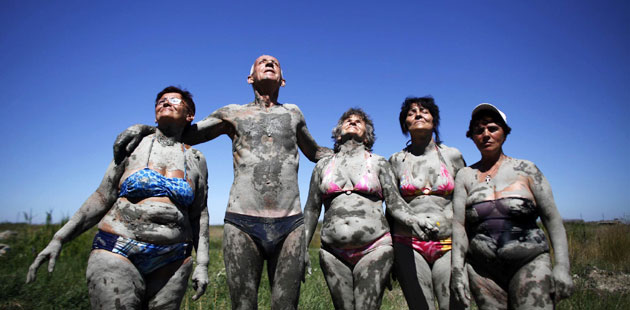Japan PM to resign, successor race wide open
Updated: 2011-08-27 08:59
(Agencies)
|
|||||||||||
TOKYO - The race to pick Japan's sixth leader in five years was in turmoil on Friday after a scandal-tainted party powerbroker looked likely to refuse to back the most popular candidate just days before a vote. ? ?
Prime Minister Naoto Kan, who came under fire for his response to the massive March tsunami and the radiation crisis it triggered, confirmed his intention to step down at a gathering of ruling Democratic Party of Japan lawmakers, clearing the way for the party to pick a new leader on Monday.
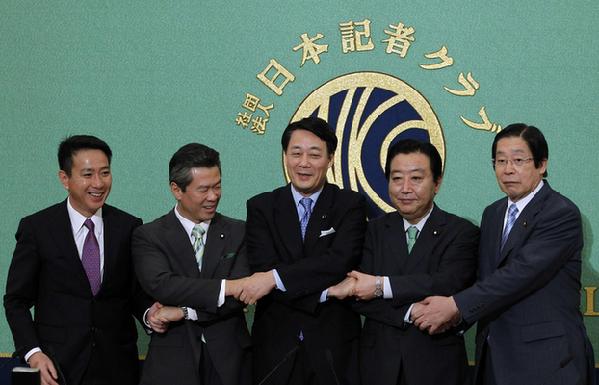 |
|
(L-R) Former finance minister Seiji Maehara, former transport minister Sumio Mabuchi, Trade Minister Banri Kaieda, Finance Minister Yoshihiko Noda and Agriculture Minister Michihiko Kano join hands at the start of a political debate for the ruling Democratic Party's presidential race at Japan National Press Club in Tokyo August 27, 2011. [Photo/Agencies] |
"In a severe environment, I did what I should have done," Kan told party MPs after resigning as party head. He added that he would work to achieve his vision of a society that does not rely on nuclear power.
His successor faces huge challenges, including a strong yen seen as a threat to the export-reliant economy, rebuilding from the devastation of the March disasters, ending the radiation crisis at a crippled nuclear plant, forging a new energy policy, and curbing huge public debt while funding the bulging social welfare costs of an ageing society. ?
Rating agency Moody's this week downgraded Japan's sovereign debt a notch, citing its revolving-door leadership as an obstacle to effective economic policies.
The Mainichi newspaper said party powerbroker Ichiro Ozawa was leaning towards backing trade minister Banri Kaieda, who has distanced himself from Kan's tough anti-nuclear stance. Earlier reports said Ozawa was unlikely to support former foreign minister Seiji Maehara, a security hawk who ranks high with ordinary voters.
The 62-year-old Kaieda, who oversees energy policy, recently broke down in tears when he was grilled in parliament over his dispute with Kan over nuclear power. ?
Rifts over the role of Ozawa, a political mastermind with an image as an old-style wheeler-dealer, have plagued the DPJ since the novice party swept to power in 2009 pledging change.
Whether and when to raise taxes to curb a public debt already twice the size of Japan's $5 trillion economy is a focus of debate in the leadership race.
But any decision by Ozawa -- who some in the party credit with engineering its 2009 election landslide -- on who to back is likely to be decided more by his hopes of boosting his clout than by policy positions.
Power Not Policies
Speculation has simmered that Ozawa might back a mystery candidate or even support Finance Minister Yoshihiko Noda, the most fiscally conservative of the current contenders.
Ozawa long ago proposed raising the sales tax to fund social welfare costs but in recent years has promoted populist policies to give consumers more spending power.
Most other candidates agree on the need to curb debt but are cautious about the timing of a sales tax hike and oppose higher levies for rebuilding from the March disasters. ?
"I've known Mr. Ozawa for 43 years and he has never acted based on policies," ruling party elder Kozo Watanabe told Reuters in a recent interview.
Maehara, who promises to focus economic policy on promoting growth and beating deflation, is the most popular with voters among seven contenders jostling for the nation's top job.
But only DPJ lawmakers can vote in the August 29 party leadership race, the winner of which becomes premier because of the party's majority in parliament's lower house.
Should no candidate win a first-round party vote, a run-off will be held between the top two contenders.
DPJ voter support has sunk as it struggled to implement policies in the face of internal feuds and an opposition able to block bills in the upper house.
Maehara and Noda have both floated the idea of a "grand coalition" with the main opposition Liberal Democratic Party (LDP) and its former partner, the New Komeito party, to break the legislative impasse. But both parties have been cool to the idea.
Kan pledged in June to step down to survive a no-confidence vote, but had not specified when. On Friday, he confirmed he would quit after parliament's upper house enacted two key bills -- one to let the government issue more debt and another to promote renewable energy.
Hot Topics
The European Central Bank (ECB) held a conference call late on Sunday ahead of the market opening, pledging the ECB will step in to buy eurozone bonds with efforts to forestall the euro zone's debt crisis from spreading.
Editor's Picks

|
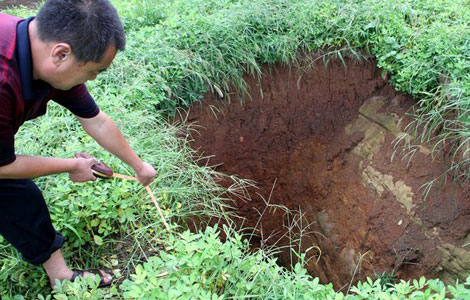
|

|
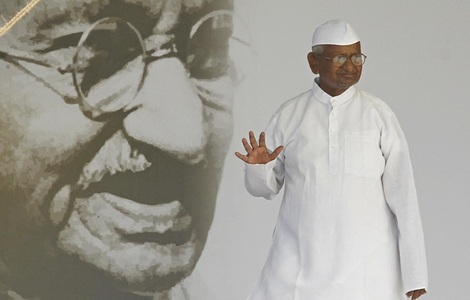
|

|
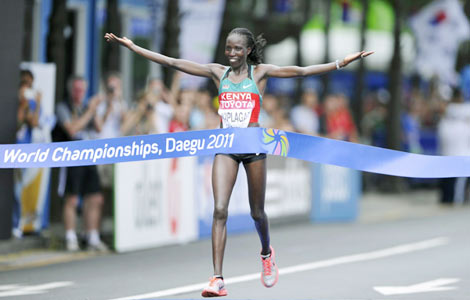
|




